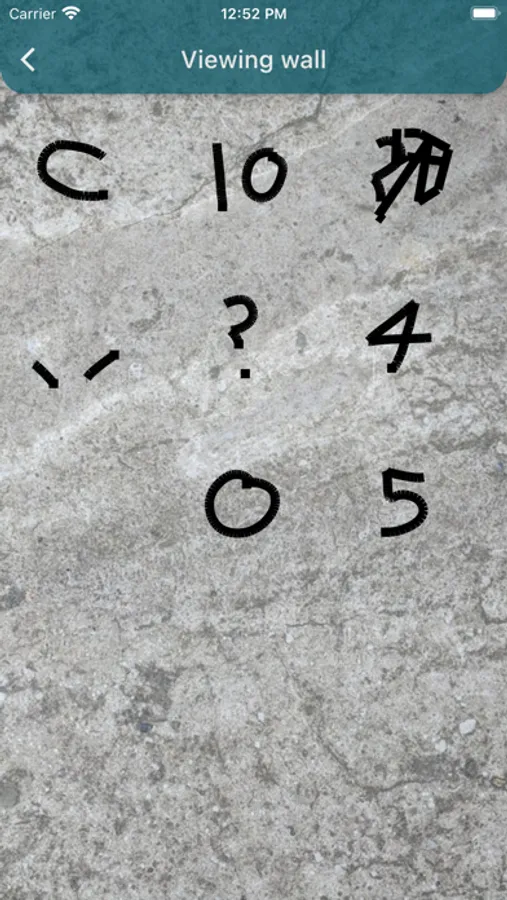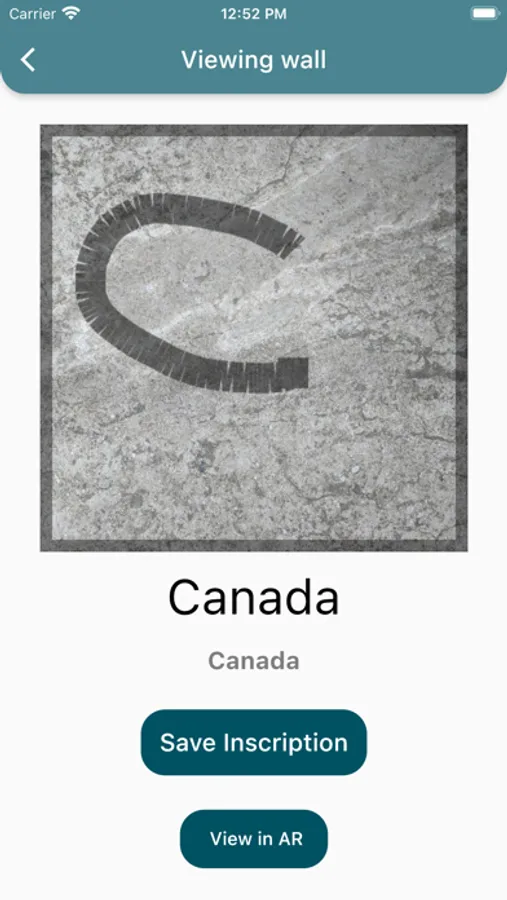About MEMO Project Inscription
MEMO Project inscription: Make your mark for biodiversity allows you to draw your own virtual inscription. In doing so, you will help to explore the profound threats posed to modern biodiversity by the actions of humanity, identify emerging solutions and innovations, and provide hope for a future that is safe, joyful and fulfilling.
We're on the crest of a breaking wave of a mass extinction event, unlike anything that has been seen for 65 million years. Eden Portland will be an underground cathedral where the ancient art of stone carving and cutting edge technology will combine to breathe life into stories of biodiversity, extinction and evolution.
Above ground, the natural beauty of the Jurassic Coast stretches as far as the eye can see but, out of the sun, the artificially-lit tunnels of Bowers Mine resemble a deserted underground city, criss-crossed with roads and flanked with towering slabs of limestone. The tunnels are cut from the same Portland stone whose embedded fossils inspired the first theories of extinction in the 17th century. The stone, formed 145 million years ago, has been used by stonemasons since at least Roman times and can be found on thousands of buildings across the UK and around the world, from the Tower of London and St Paul's Cathedral in London, to the United Nations Headquarters in New York.
We're on the crest of a breaking wave of a mass extinction event, unlike anything that has been seen for 65 million years. Eden Portland will be an underground cathedral where the ancient art of stone carving and cutting edge technology will combine to breathe life into stories of biodiversity, extinction and evolution.
Above ground, the natural beauty of the Jurassic Coast stretches as far as the eye can see but, out of the sun, the artificially-lit tunnels of Bowers Mine resemble a deserted underground city, criss-crossed with roads and flanked with towering slabs of limestone. The tunnels are cut from the same Portland stone whose embedded fossils inspired the first theories of extinction in the 17th century. The stone, formed 145 million years ago, has been used by stonemasons since at least Roman times and can be found on thousands of buildings across the UK and around the world, from the Tower of London and St Paul's Cathedral in London, to the United Nations Headquarters in New York.




